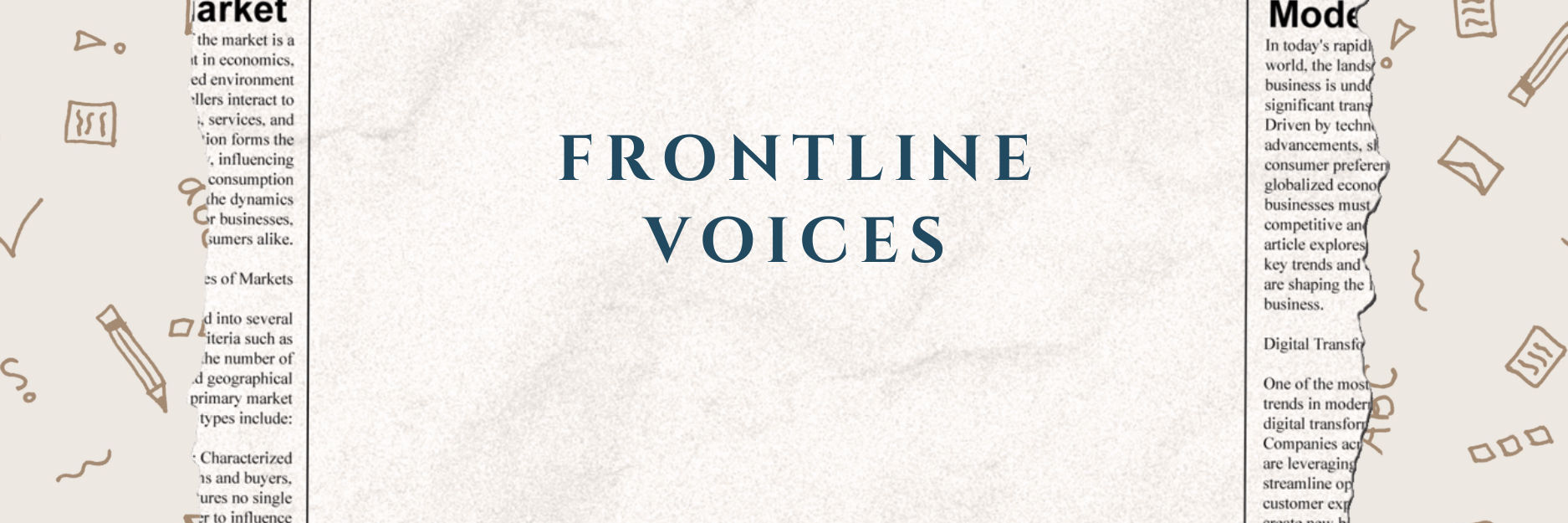Across California, educators are working to improve outcomes for middle and high school students through investments in community schools, career pathways, dual enrollment, and expanded student supports. These efforts reflect a shared commitment to student success. The Secondary School Redesign Pilot builds on that foundation by focusing on the design of schools themselves.
Rather than introducing new initiatives, the California Secondary School Redesign Pilot asks how secondary schools themselves can be redesigned so that learning experiences, relationships, schedules, and supports are aligned to better serve today’s students.
The pilot is led by the California Collaborative for Educational Excellence in partnership with the California Department of Education and the State Board of Education, and was authorized through AB 121 (2025). It is designed as a statewide learning effort that builds on the work already underway in schools and districts across California.
An application process launched in late October drew 56 applications statewide, reflecting strong interest from networks engaged in rethinking middle and high school design. From this pool, 14 school networks were selected to participate, representing more than 100 schools across 65 districts at varying stages of redesign. These networks bring diverse regional, demographic, and instructional contexts, along with deep experience in secondary improvement efforts.
While the approaches across participating networks vary, the pilot is anchored in a shared understanding of what effective secondary schools require. The work centers on ensuring that every student is known and supported through strong relationships and systems of care. It emphasizes learning experiences that foster deeper knowledge and skills, including critical thinking, collaboration, and real-world application. It prioritizes personalized learning and supports that respond to students’ strengths, needs, and interests, while using evidence of learning and engagement to guide continuous improvement. Underlying all of this is a focus on building sustainable structures—such as schedules, staffing models, and professional learning—that allow redesign efforts to endure over time.
Through the pilot, CCEE is partnering with participating networks to learn alongside them. The goal is not to identify a single model of redesign, but to better understand the conditions that make effective secondary school redesign possible across varied contexts. This includes examining how redesigned school structures interact with existing state investments, such as community schools, career pathways, and dual enrollment, and how greater coherence across these efforts can support more equitable outcomes for students.
Over the next 18 months, the pilot will focus on documenting promising practices, surfacing common challenges, and supporting shared learning across networks. Insights from this work will contribute to broader statewide understanding and help inform future policy and practice related to secondary education in California.
Click the button below to learn more about the California Secondary School Redesign Pilot and participating networks.






